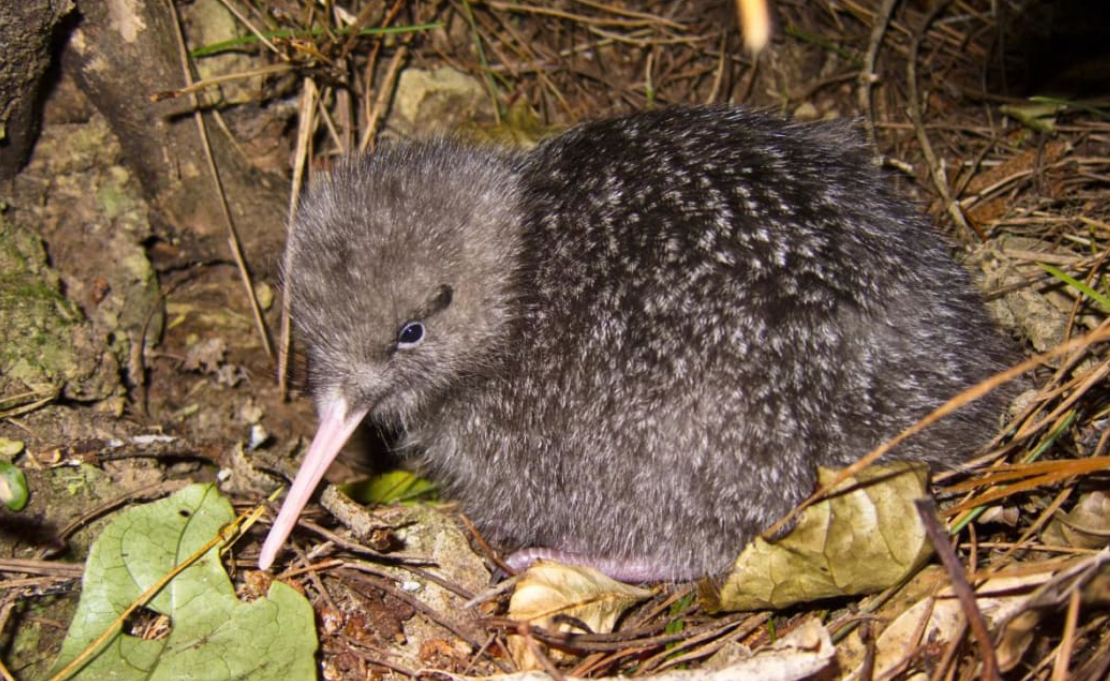
The Cape Sanctuary in Hawke's Bay has been the subject of multiple reports over the past five years, some carried out by the Department of Conservation (DOC) and some external.
The privately-owned conservation estate at Cape Kidnappers has accommodation, golf and fine dining on-site.
In 2018, concerns about a high number of kiwi deaths led to the discovery that the sanctuary had been offering kiwi encounters without a licence and despite concerns for their welfare.
DOC and the sanctuary have now confirmed an external review is nearly complete, and due out in June.
The sanctuary released a statement through its lawyer: "There is currently an independent investigation into some allegations. Cape Sanctuary has fully co-operated and looks forward to the release of the report so the facts are made clear."
A memo from DOC to the Minister for Conservation, dated January 24 in 2019 and obtained under the Official Information Act, notes the deaths of 21 brown kiwi at the sanctuary in the summer of 2017-2018, and explains the site was "not predator free due to the 'leaky' nature of the predator proof fence where it runs along cliff edges".
It goes on to say: "We believe these losses were a result of dry environmental conditions and potentially predation".
Changes had been made, however, including a new management team and staff.
"We have established better systems and processes with the sanctuary," the memo reads.
"We are confident that wildlife are being managed appropriately at Cape Sanctuary."
This week, kiwi encounters at Zoo Miami in the United States were cancelled after footage of visitors handling the Paora the kiwi under bright lights caused national outcry and an apology from the zoo.
DOC said it had taken its concerns to the zoo over how the bird was being treated, and one conservationist told RNZ: "We would never be allowed to do that anywhere in New Zealand, you see all the kiwi houses in New Zealand are nocturnal houses.
"There's no kiwi being scratched on its head in front of you, there's not a kiwi sitting on a table ... it's very, very far from what we would - how we would expect - kiwi to be treated."
Kiwi are nocturnal and fragile. Handlers need to be trained in how to safely pick them up.
Yet photographs and travel blogs online, posted by guests of the sanctuary, show kiwi being cuddled and patted by visitors (although RNZ could find none posted after 2019).
One of the blog posts, published in 2015, shows a kiwi called Harvest being brought into the lodge so visitors could have a pat.
Today, the sanctuary advertises its Kiwi Discovery Walk as "an experience like no other". Kiwi are tracked down using their transmitters and taken out of their burrows in the name of health checks.
The website says there is a maximum of two groups a day, with each containing no more than six guests.
Sources spoken to by RNZ said they were concerned the birds were chosen for convenience rather than necessity when it came to these health checks.
In a written statement, DOC operations director for the Lower North Island, Moana Smith-Dunlop, said: "Regular site visits and meetings between DOC staff and Cape Sanctuary staff are in place to maintain a high level of transparency and communication. Queries are communicated to DOC technical advisors and the Kiwi Recovery Group Representatives for feedback."
Partnerships with businesses and sanctuaries such as this would be critical in facing conservation challenges in years to come, she said.












